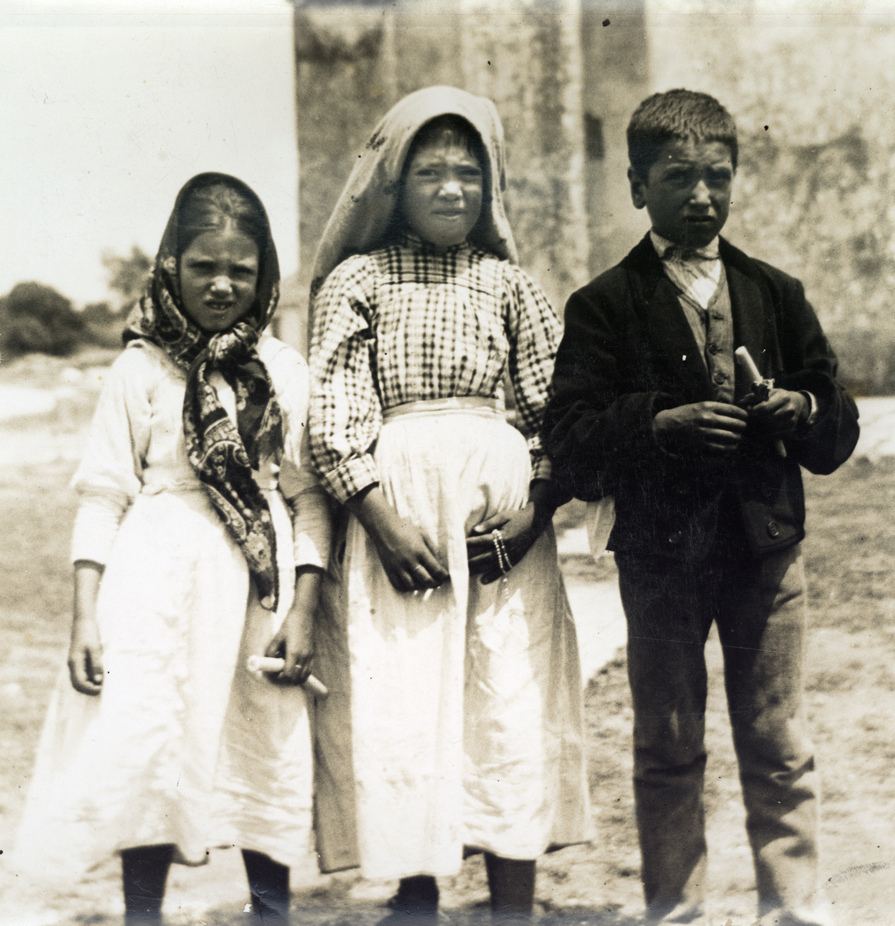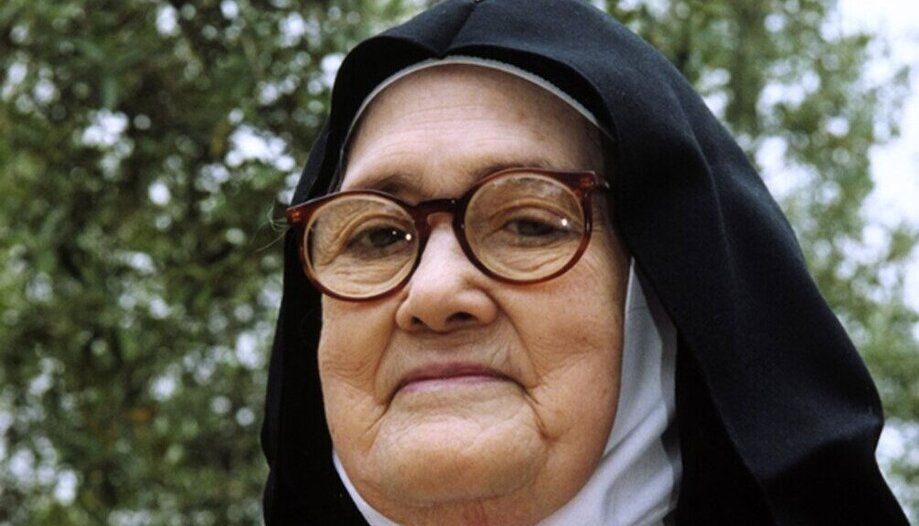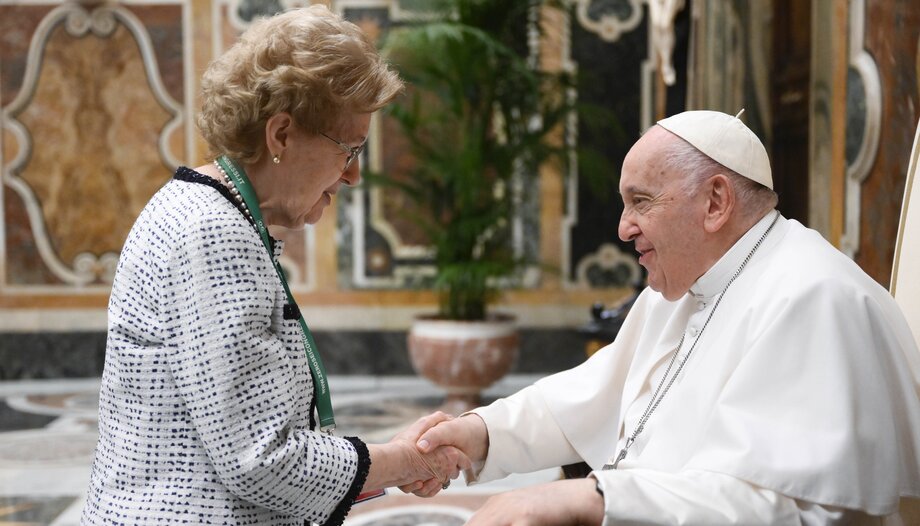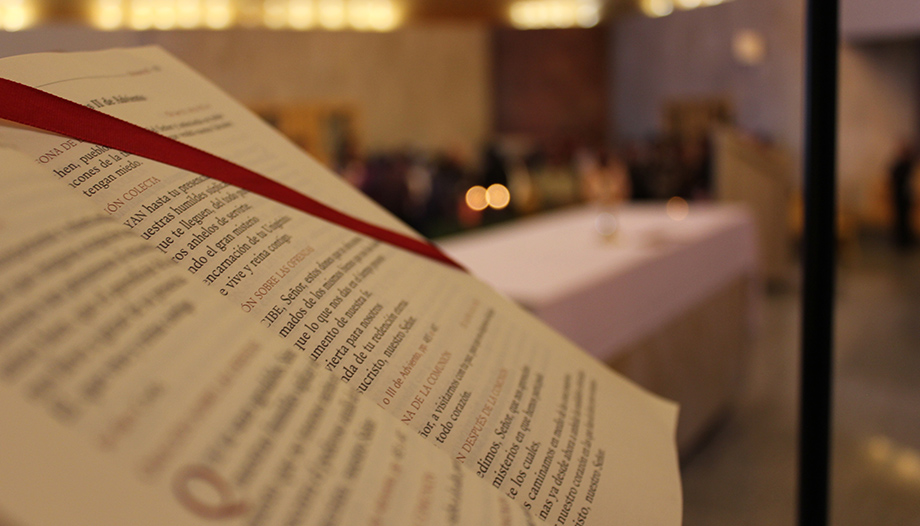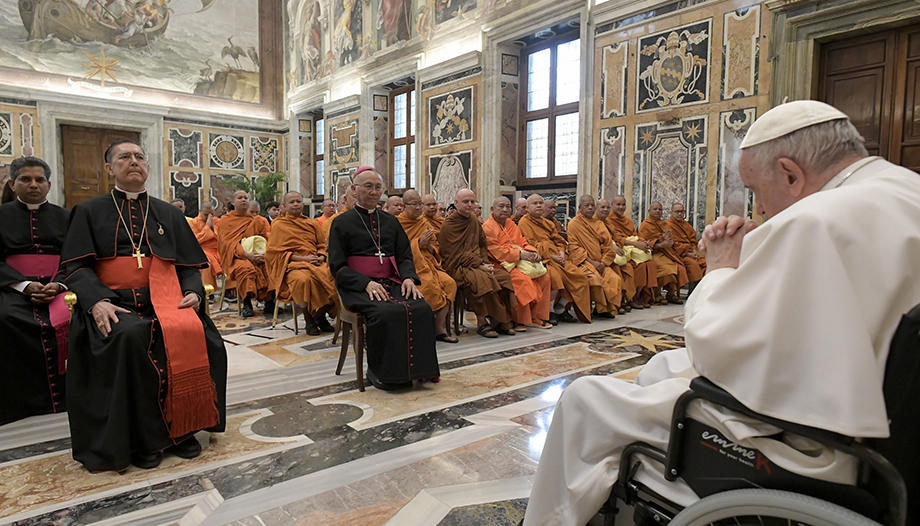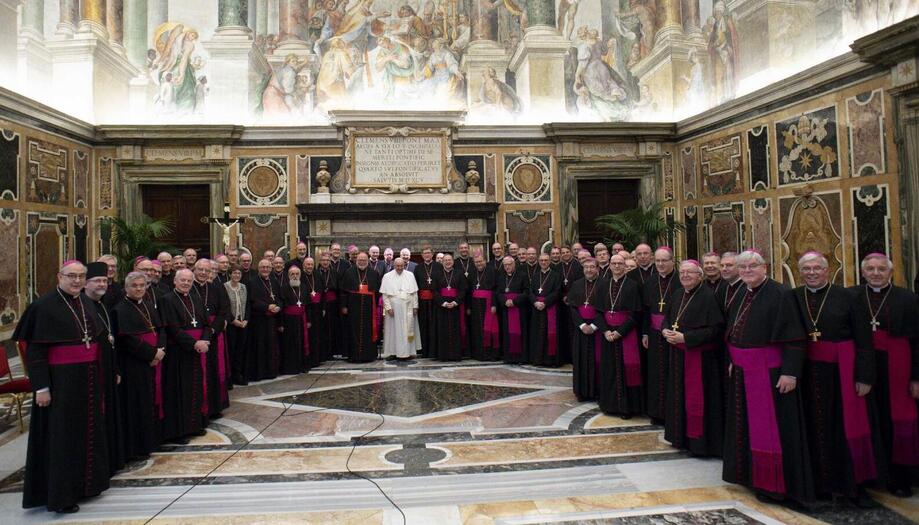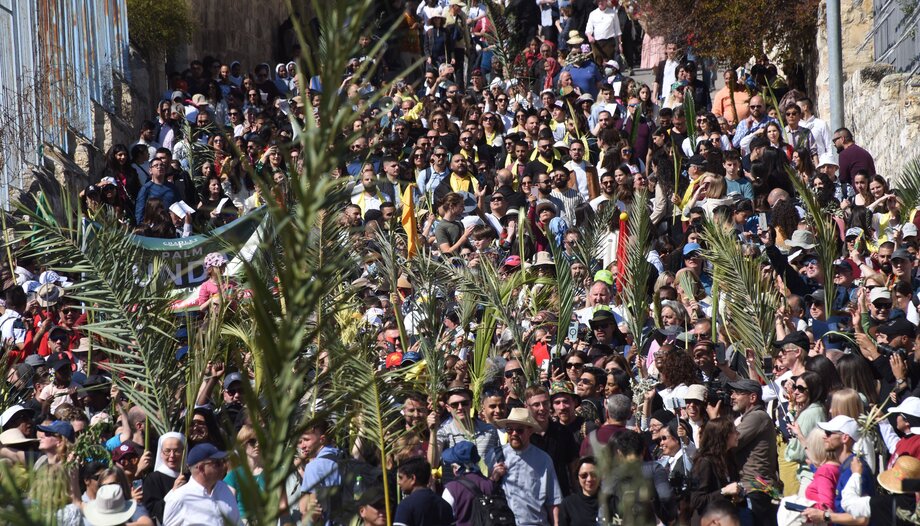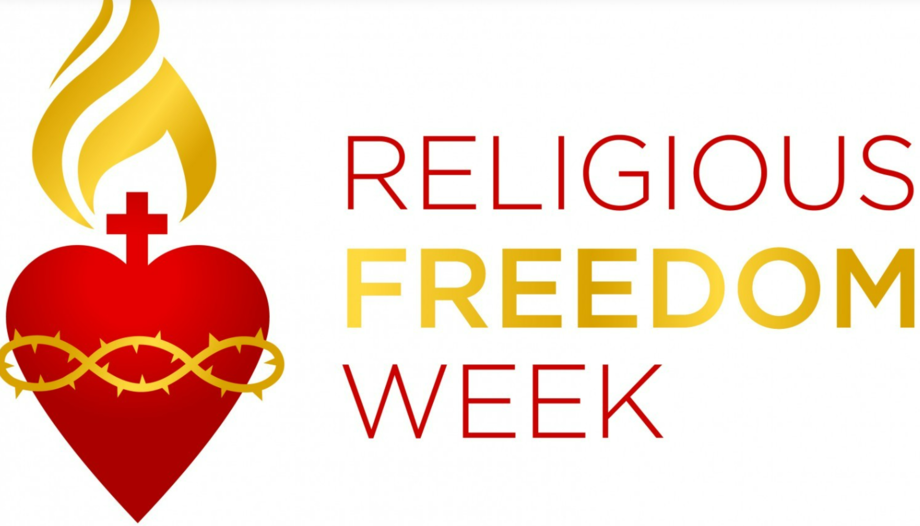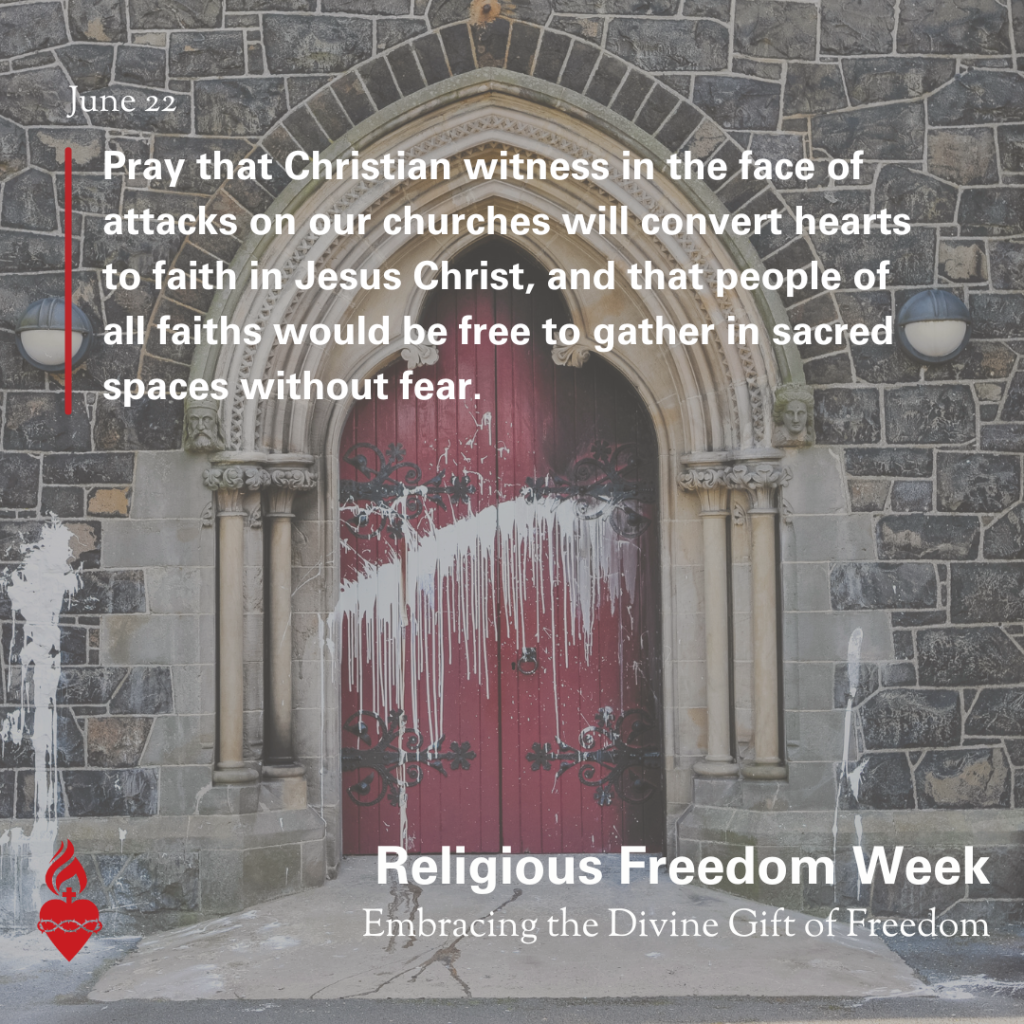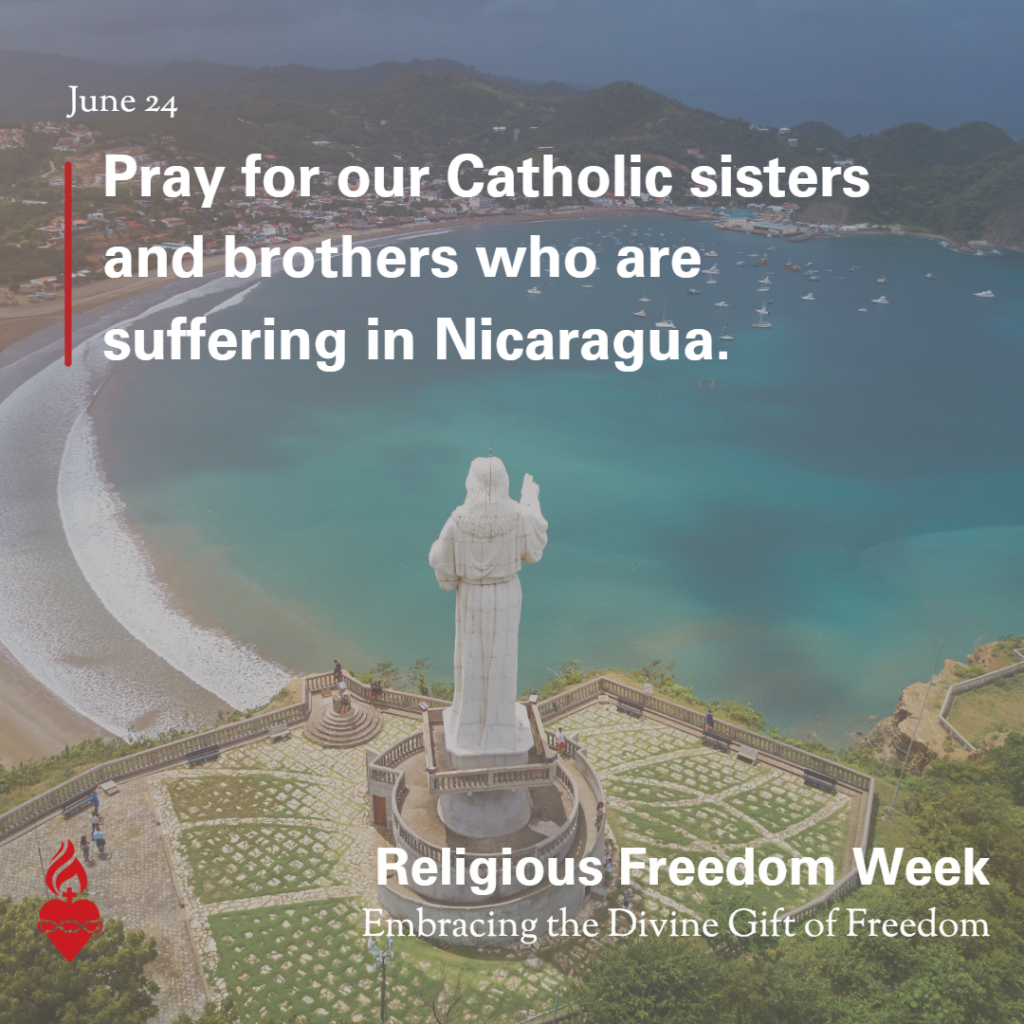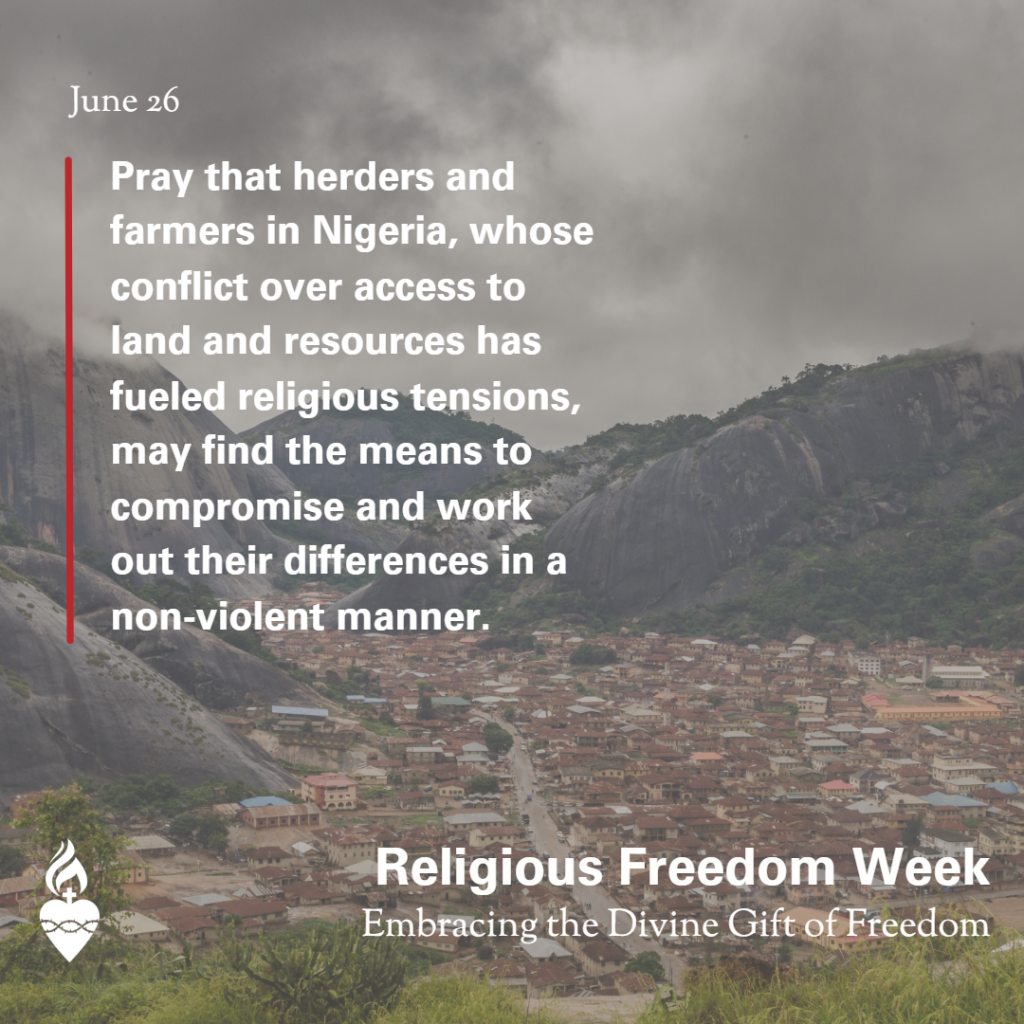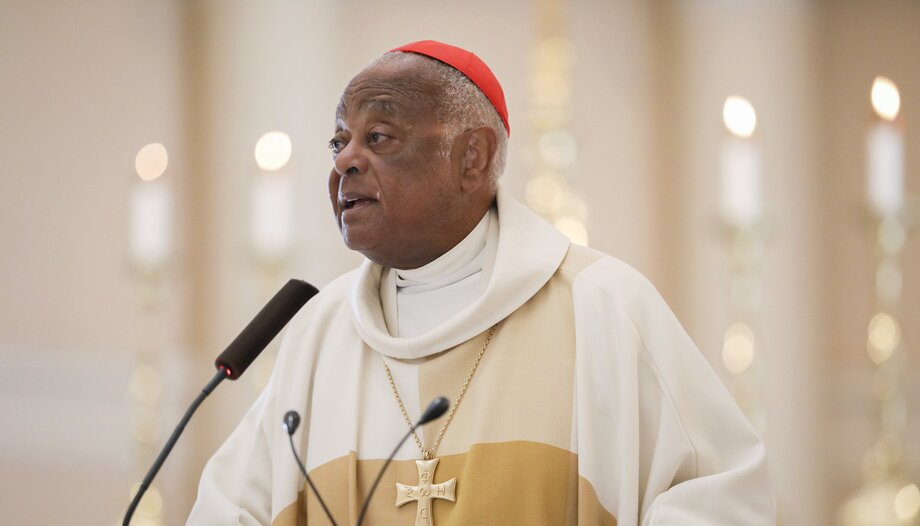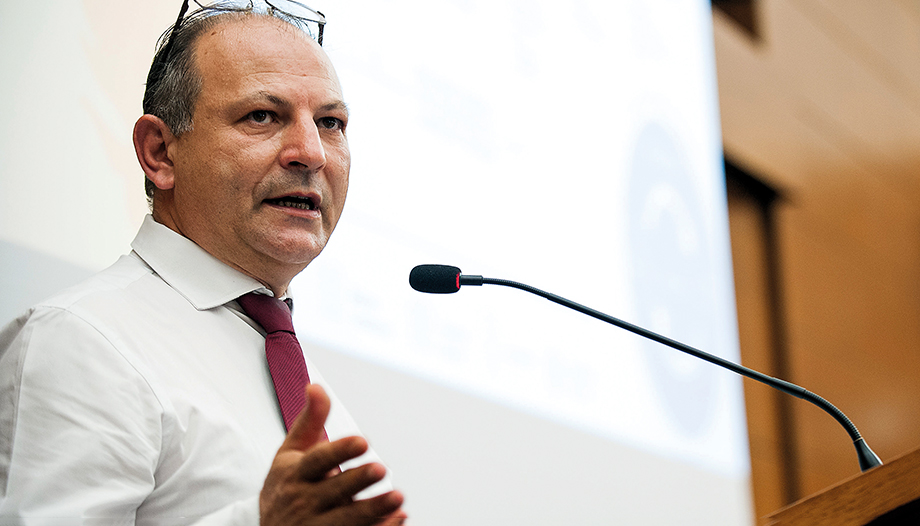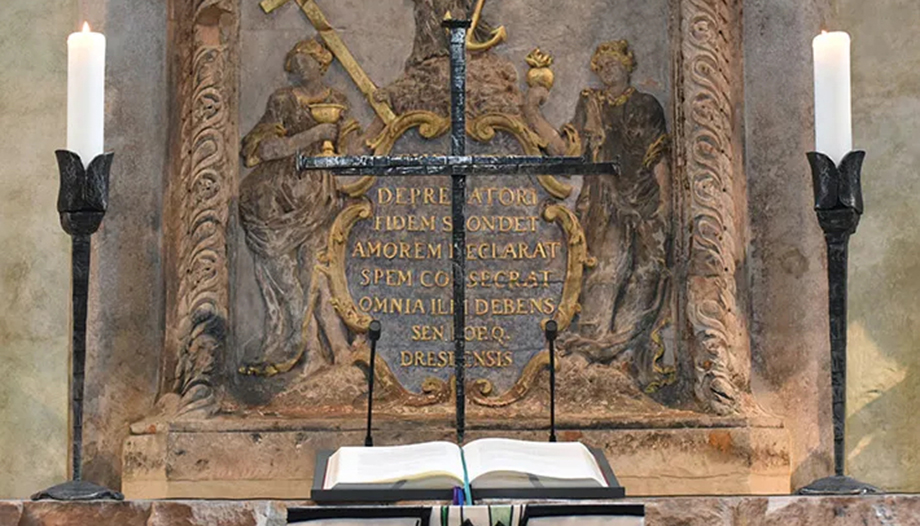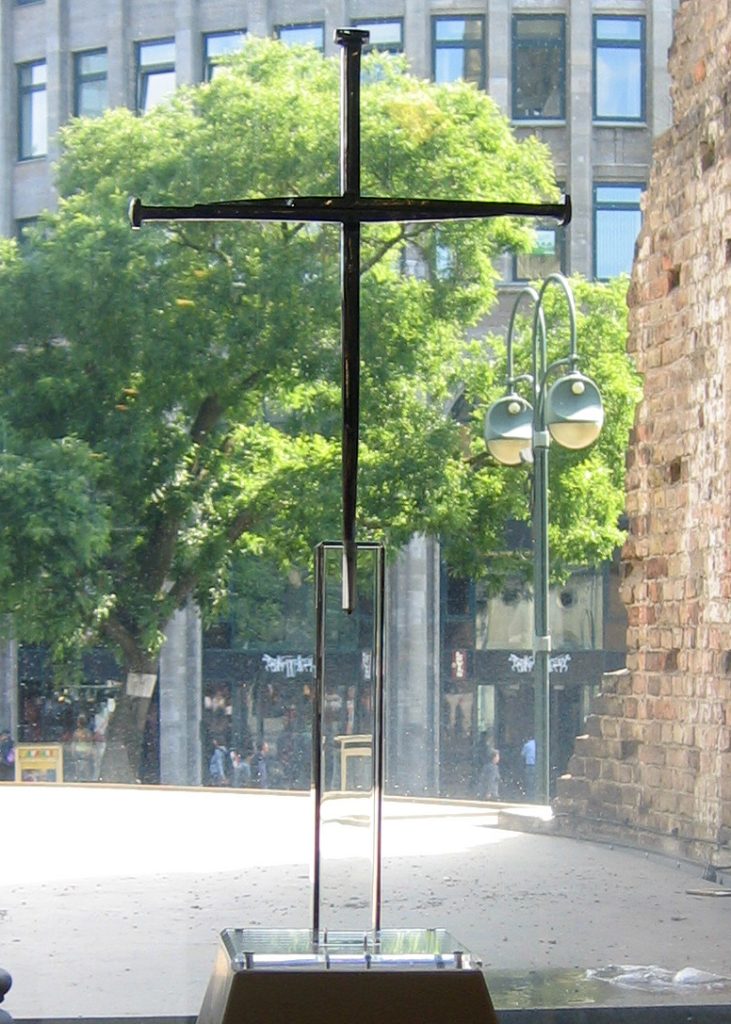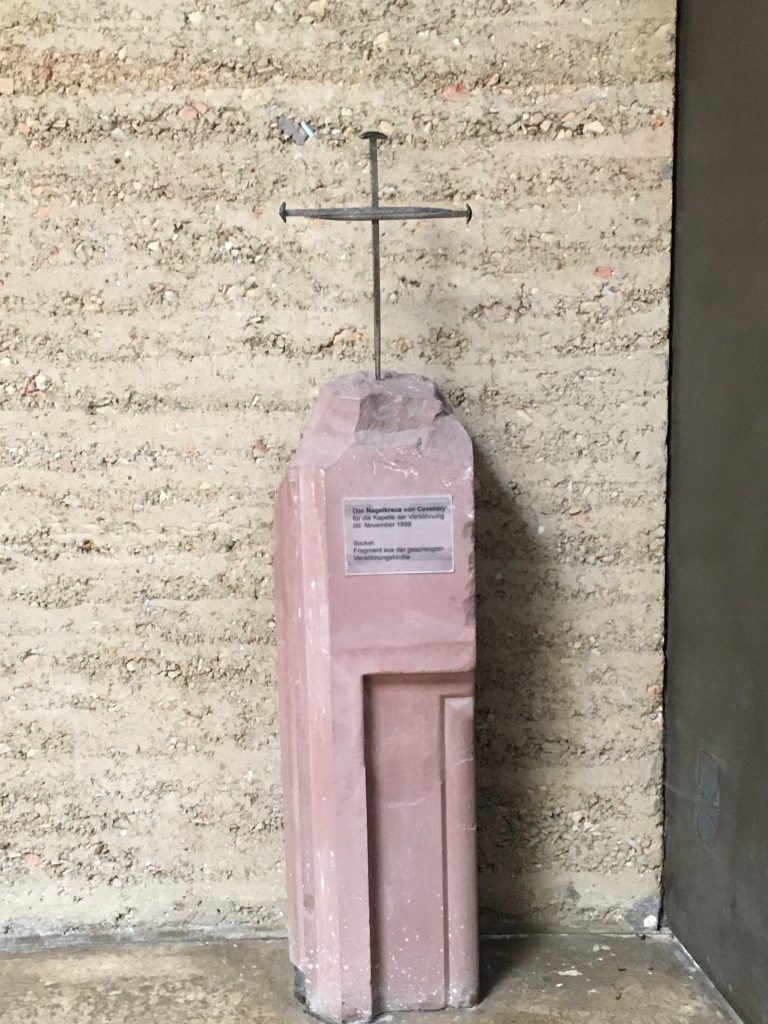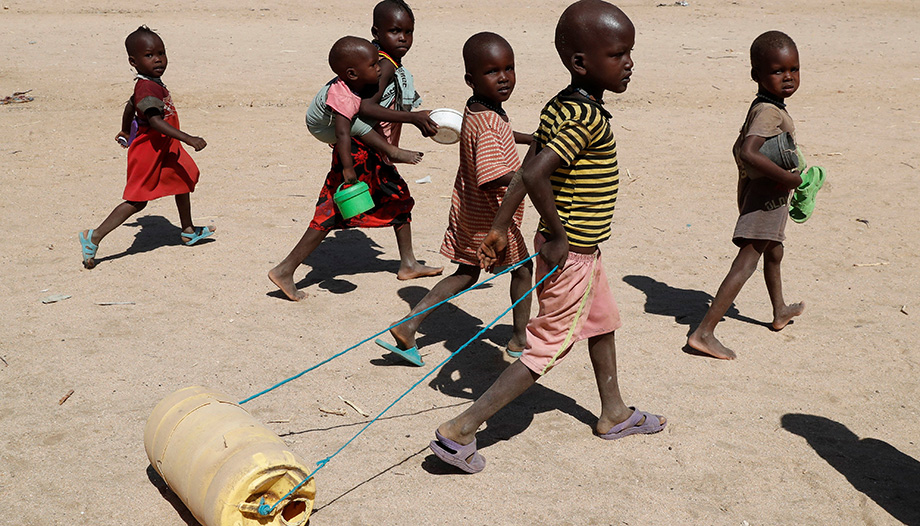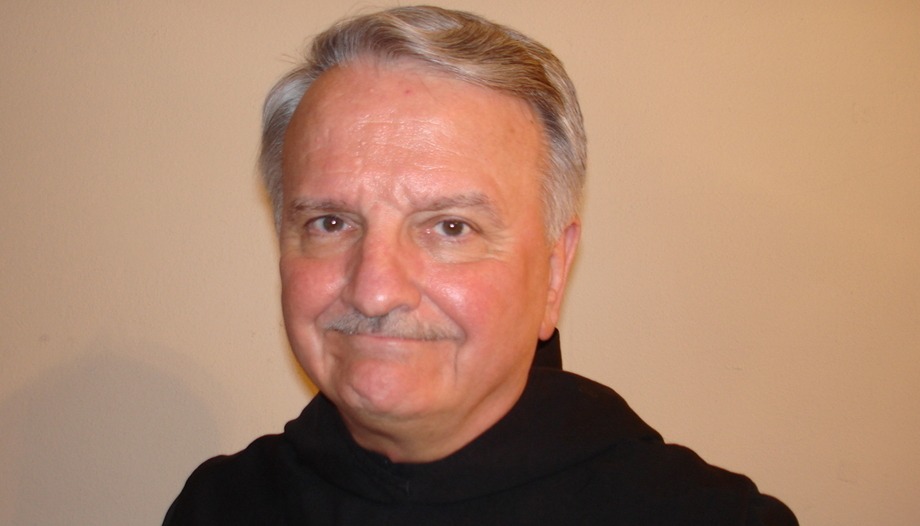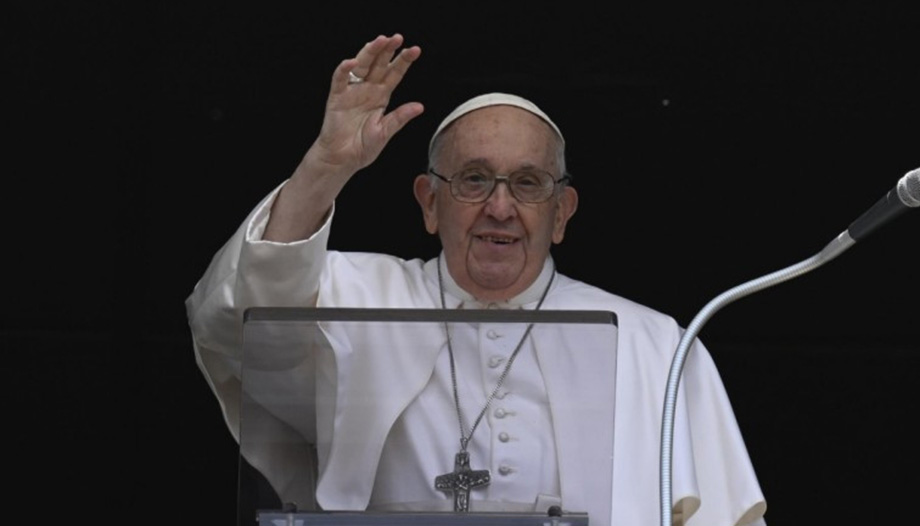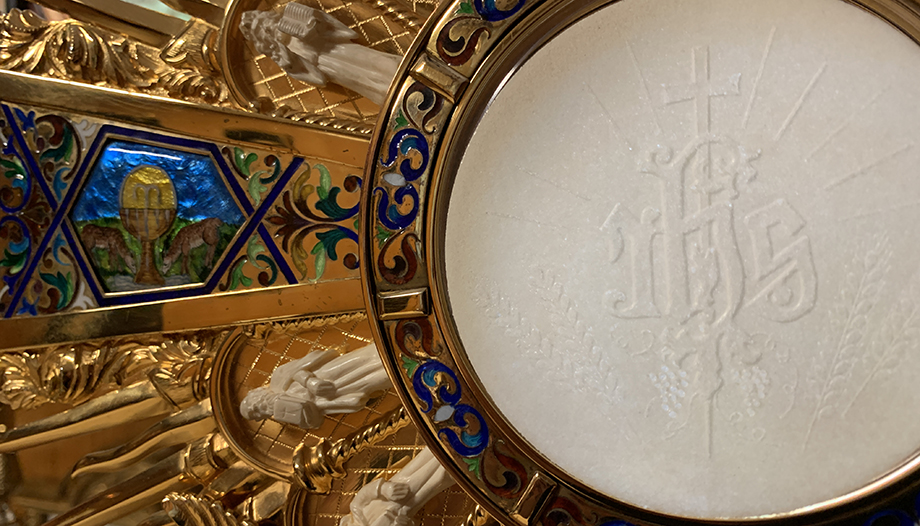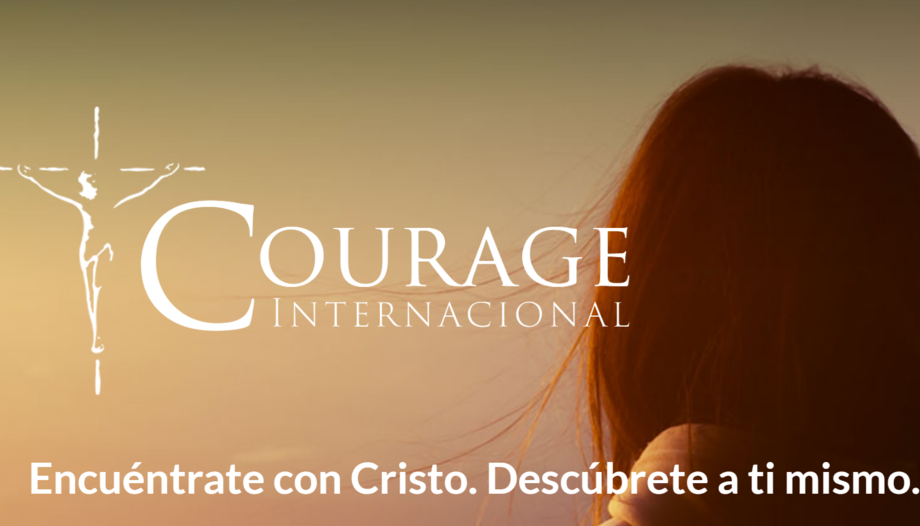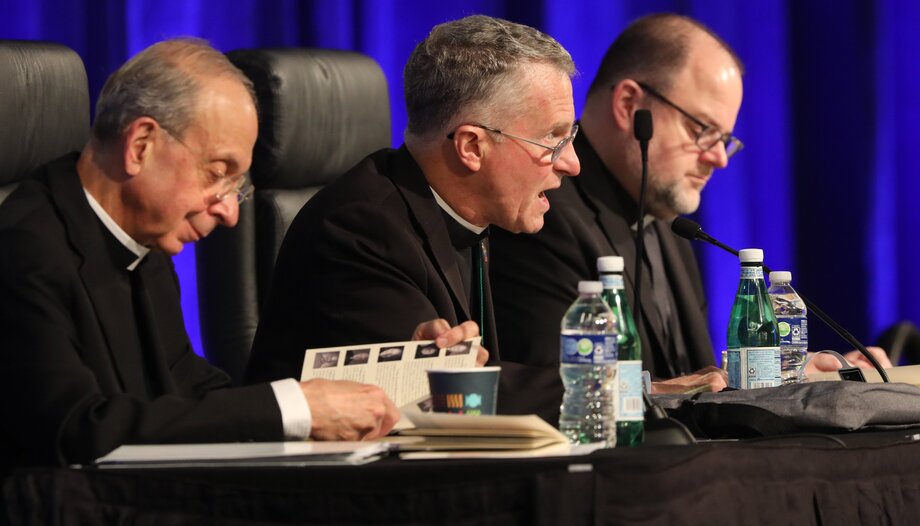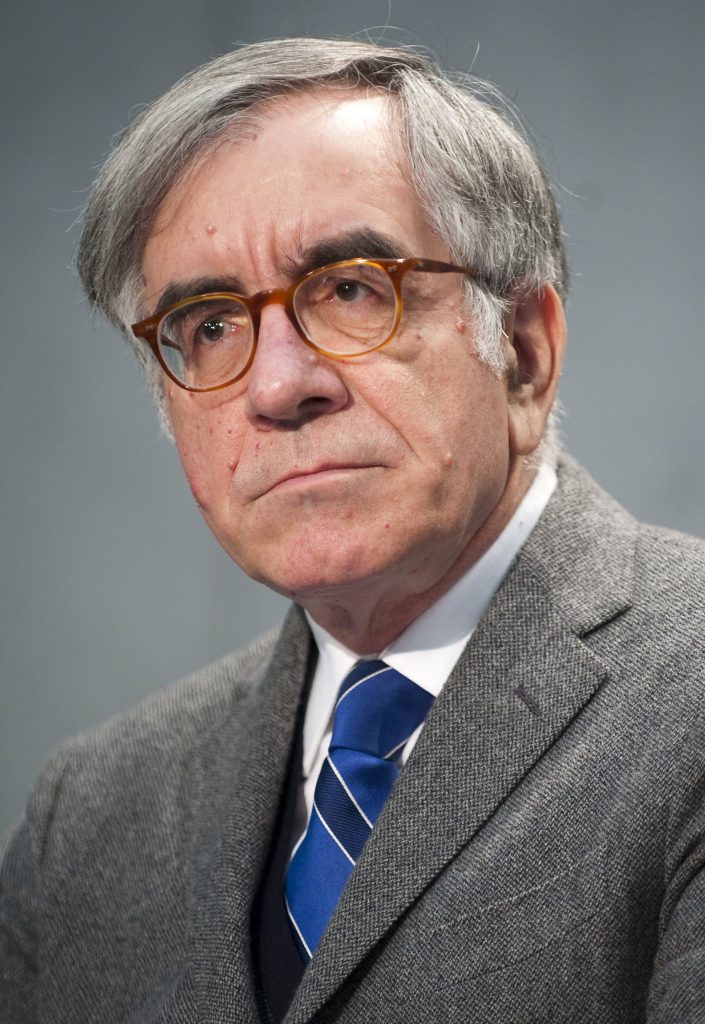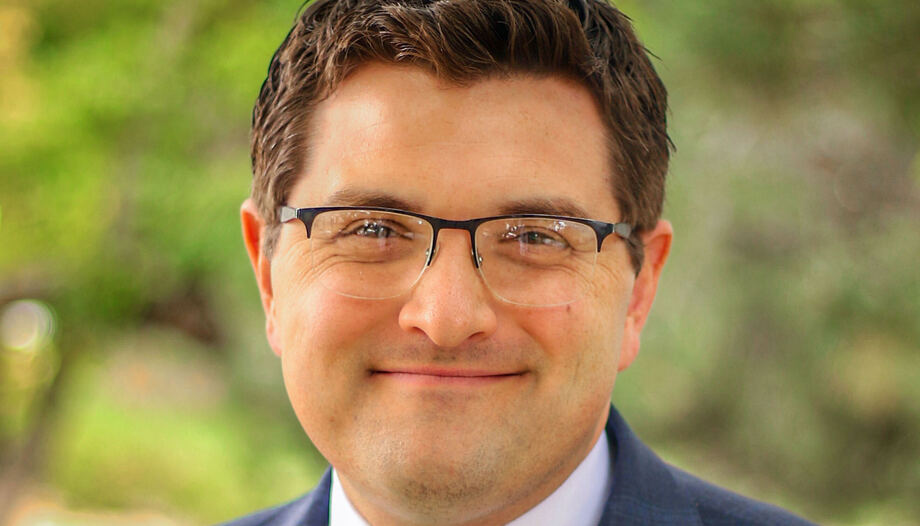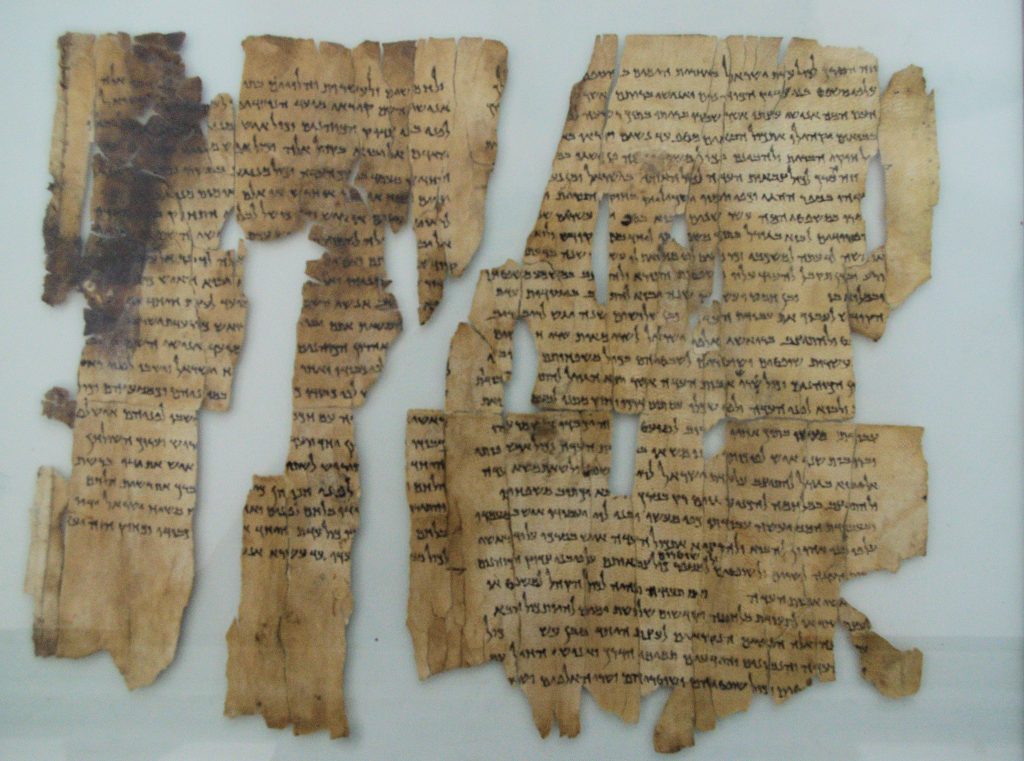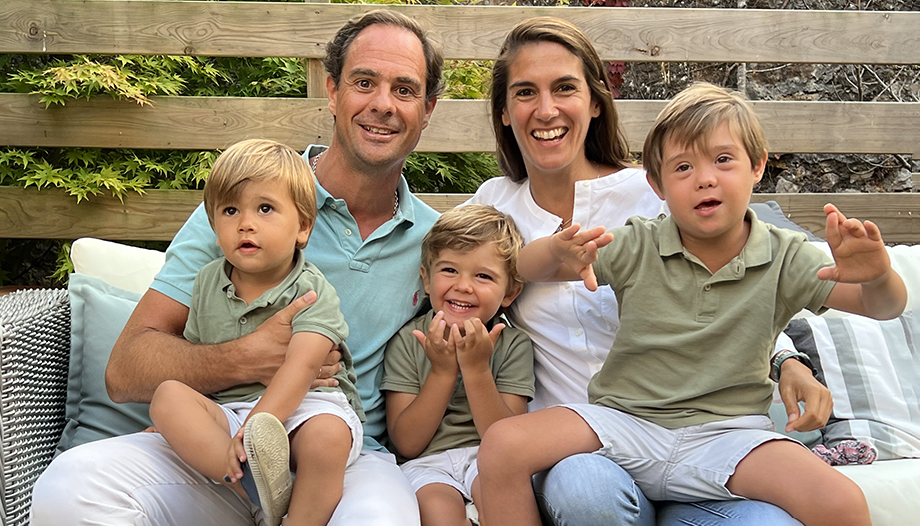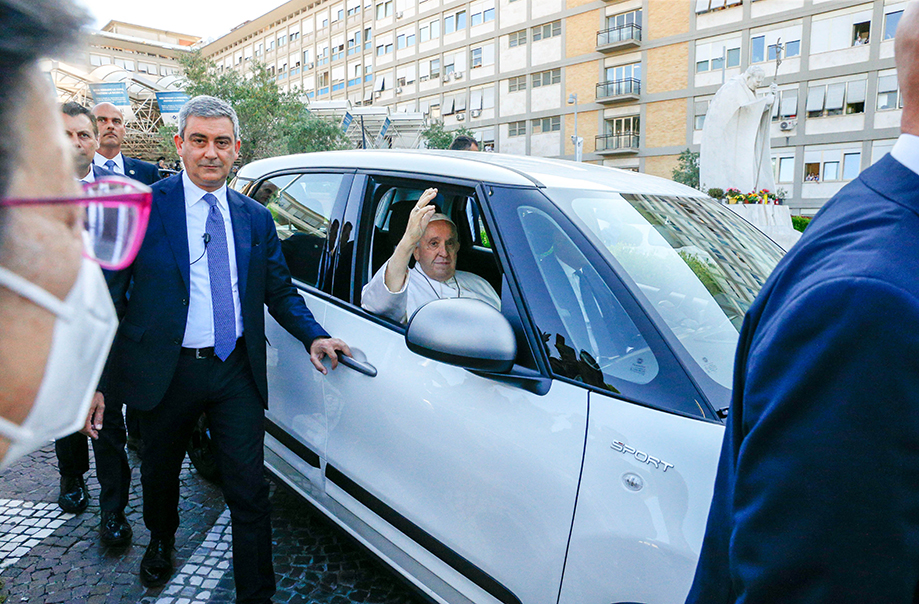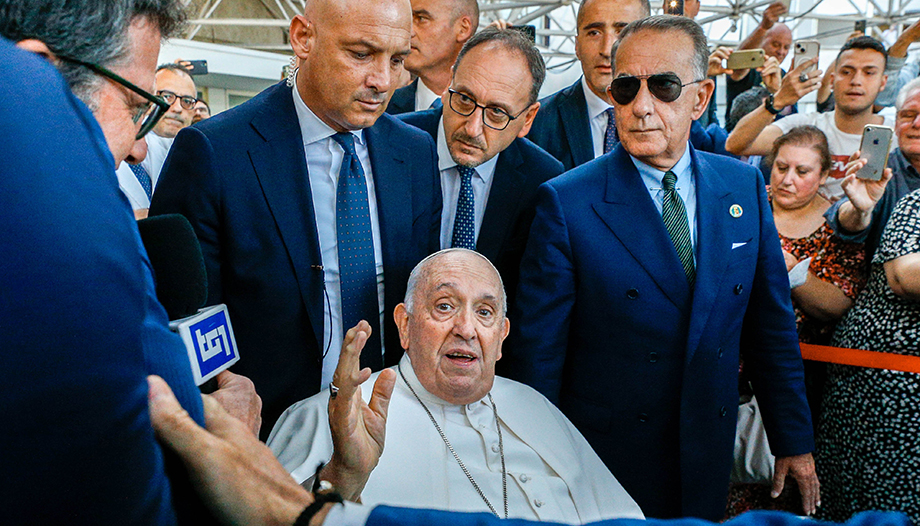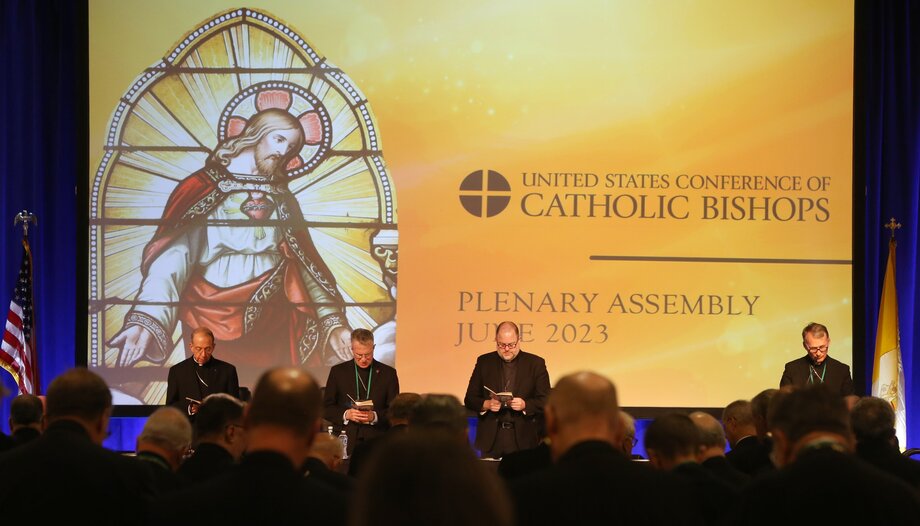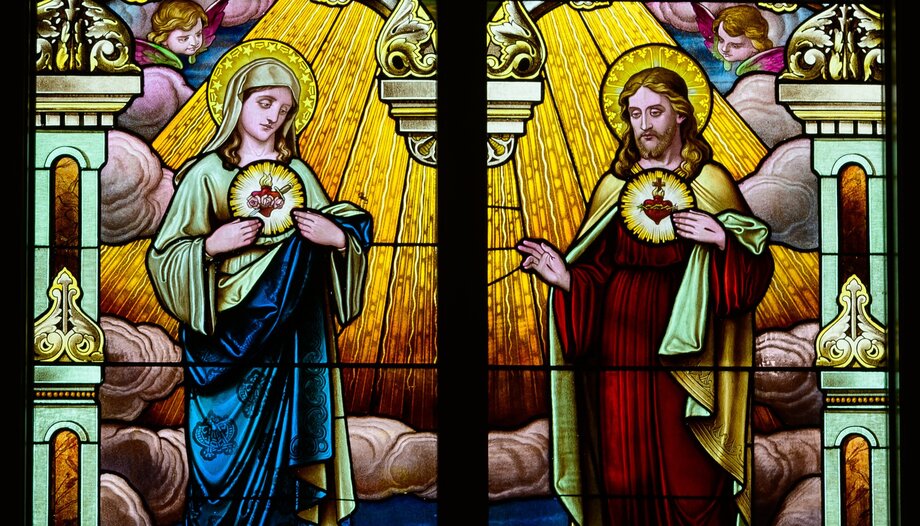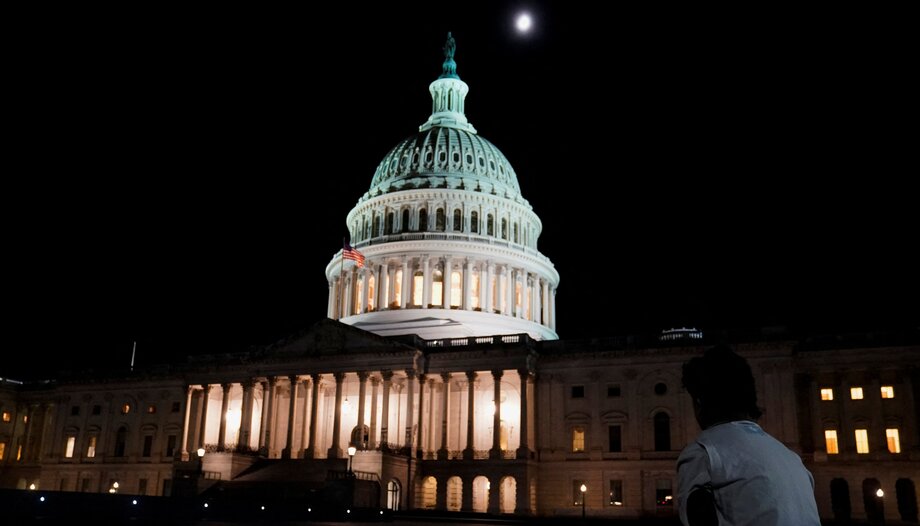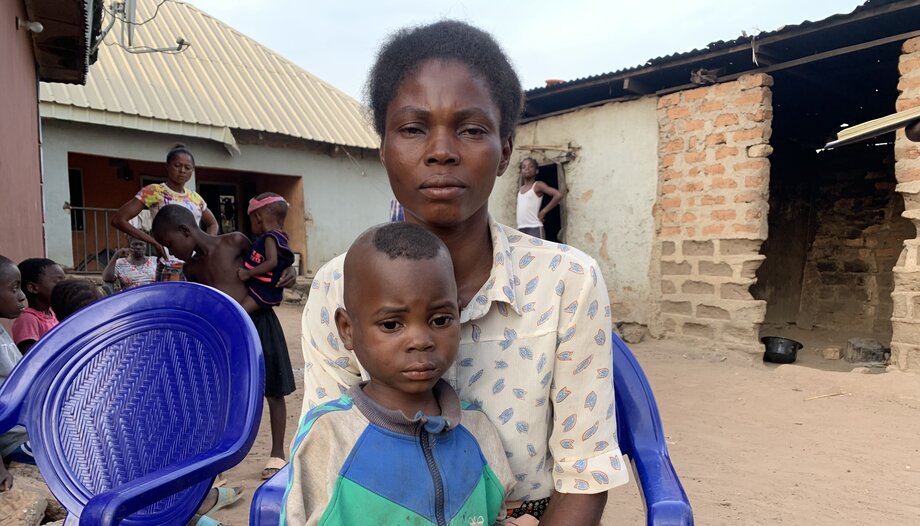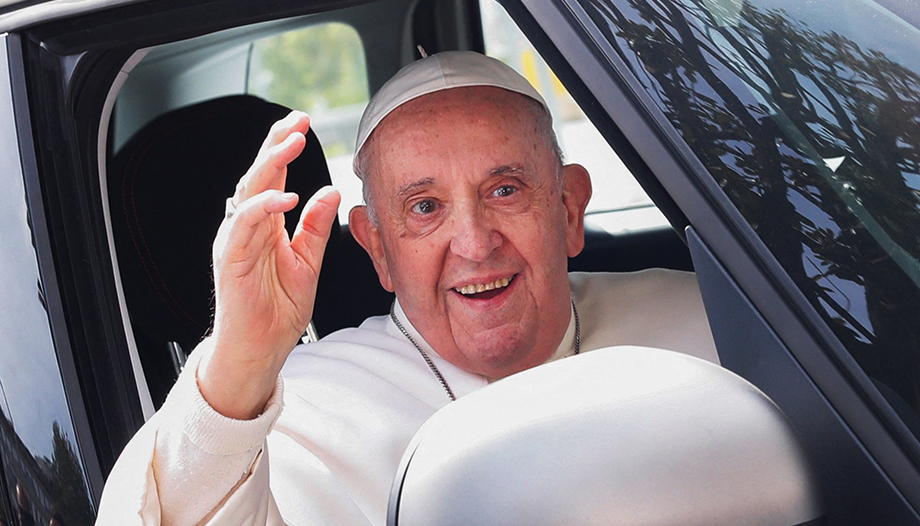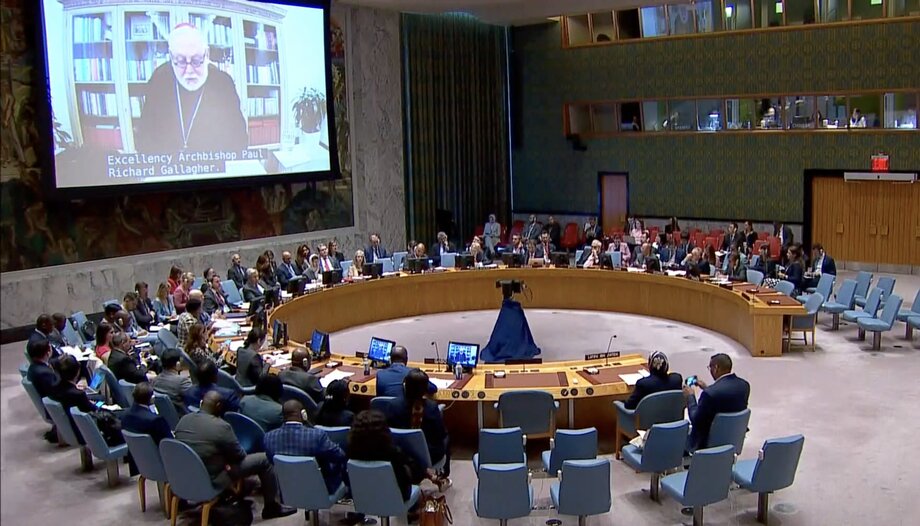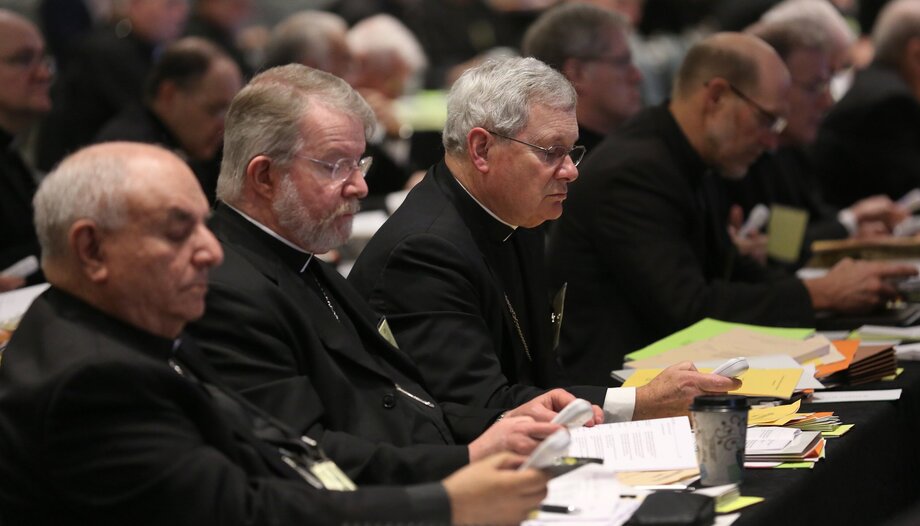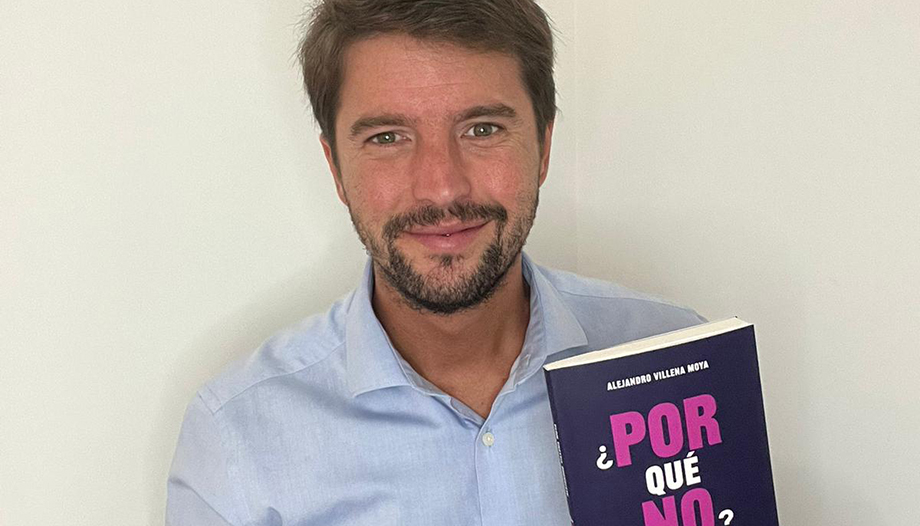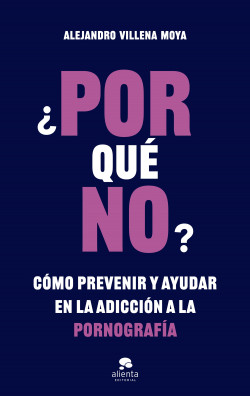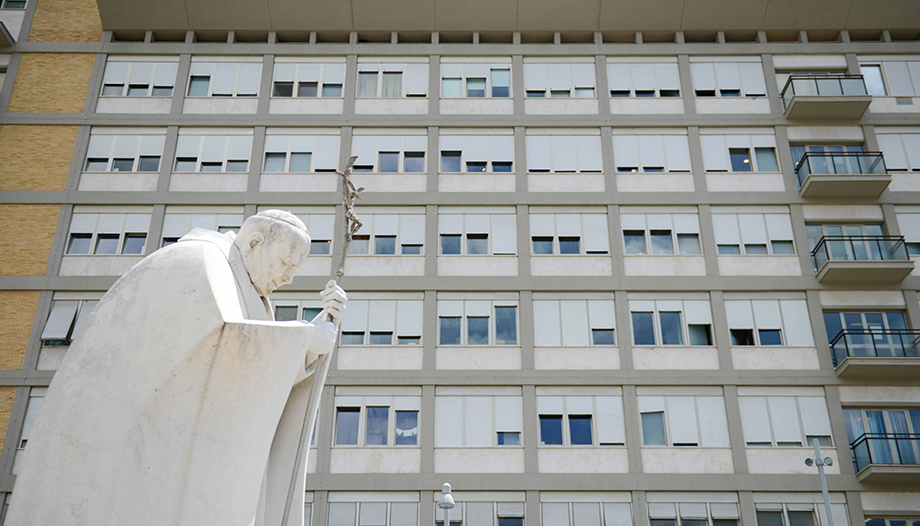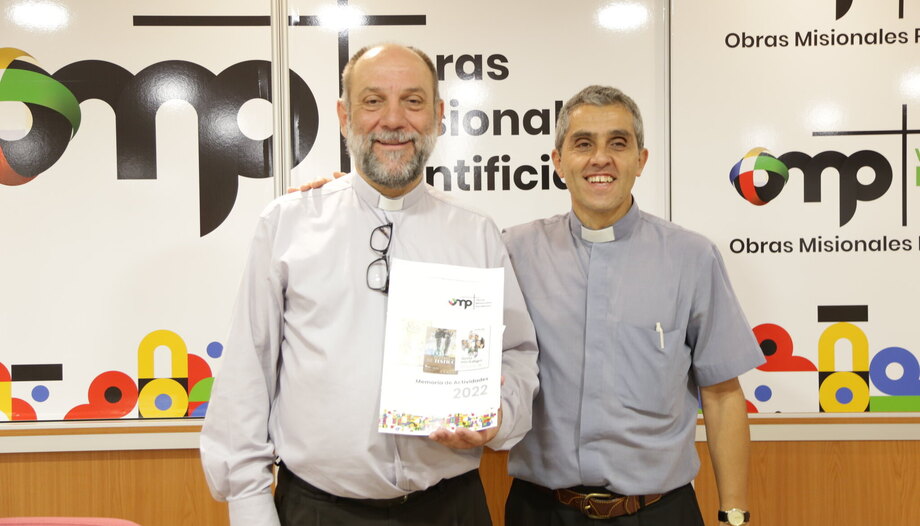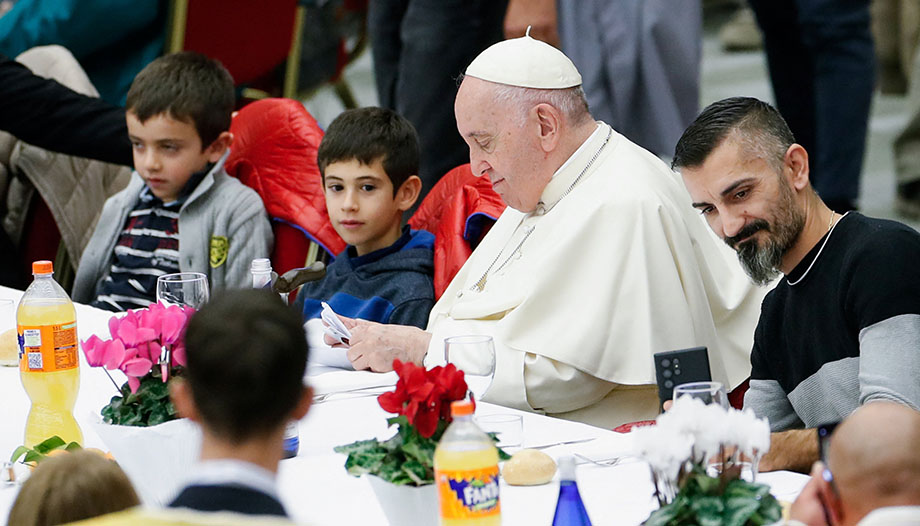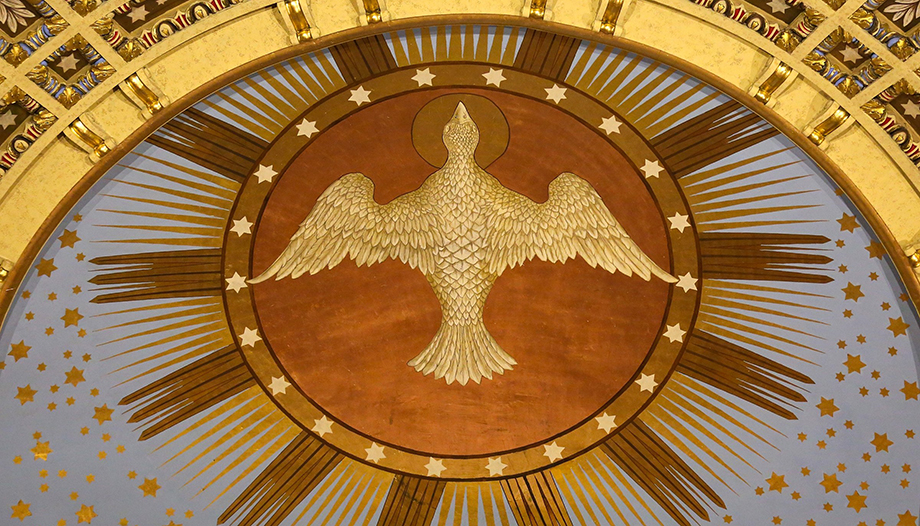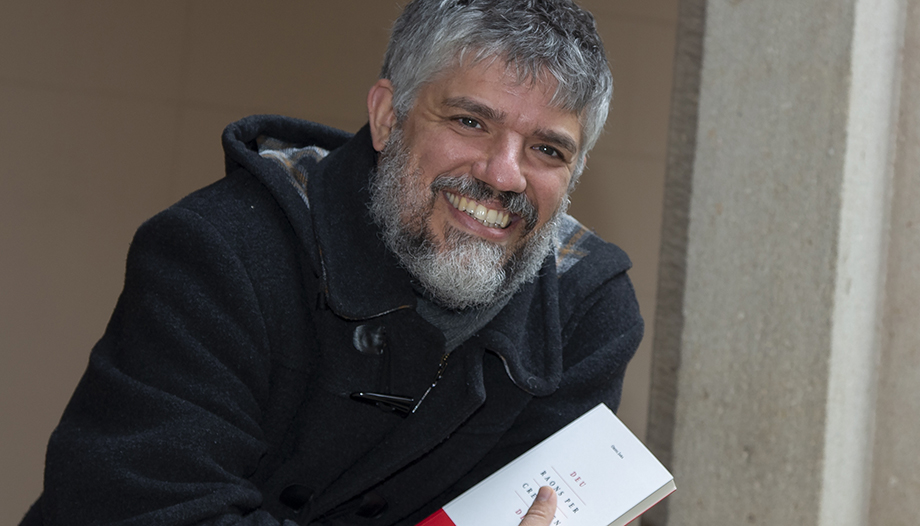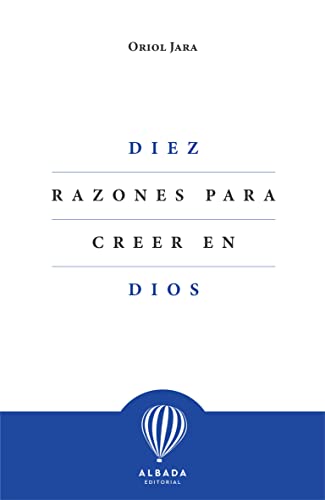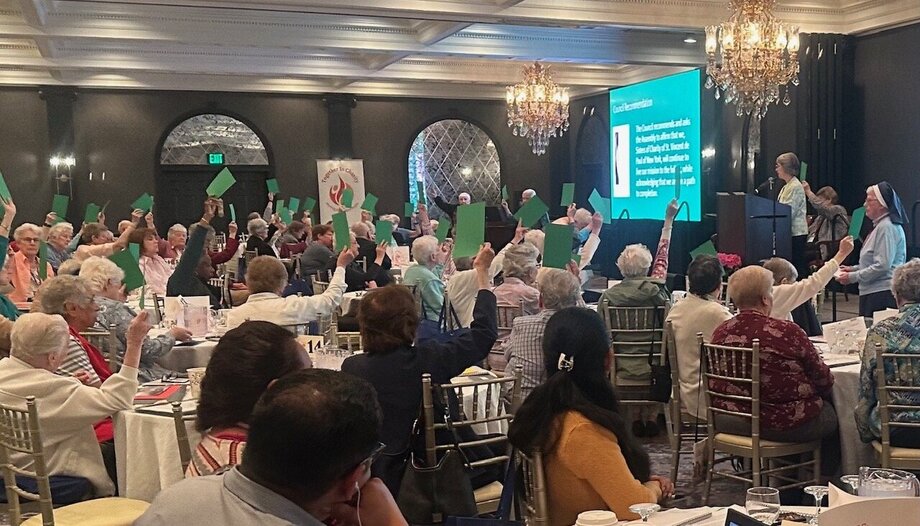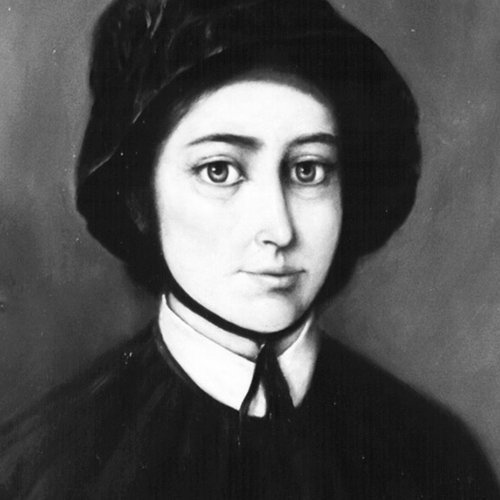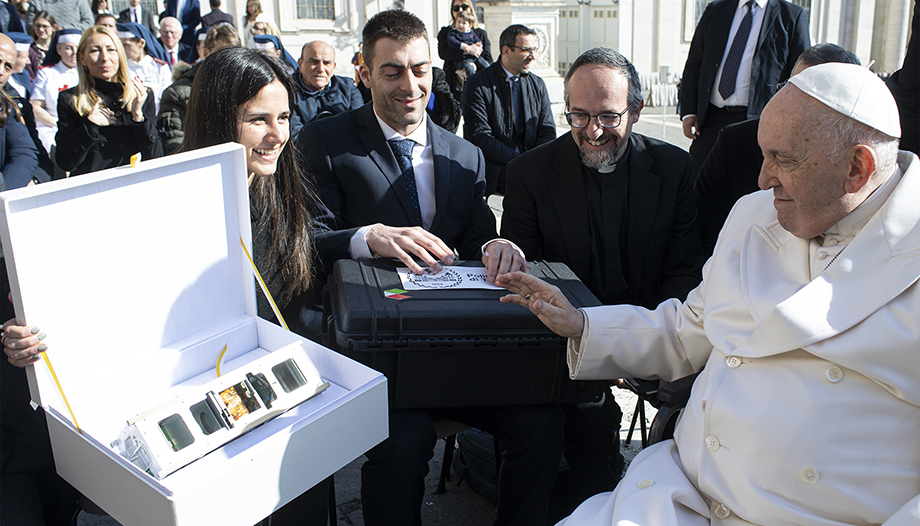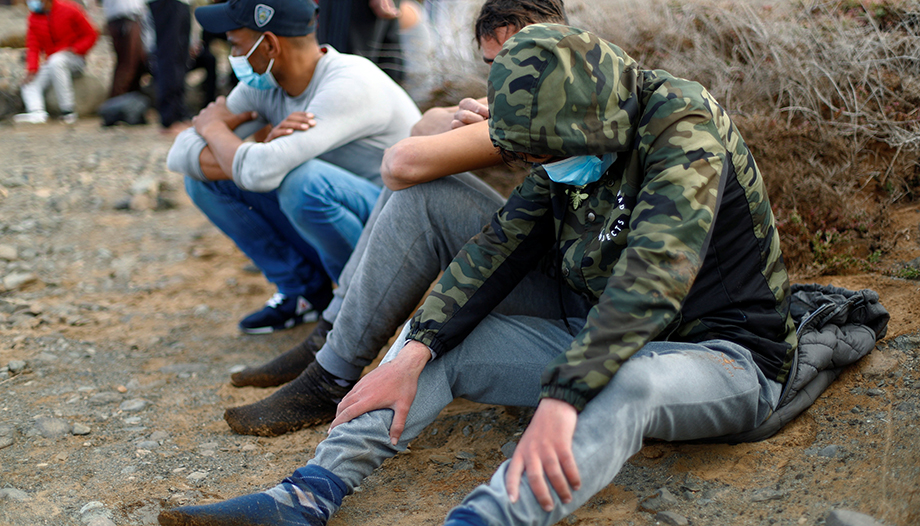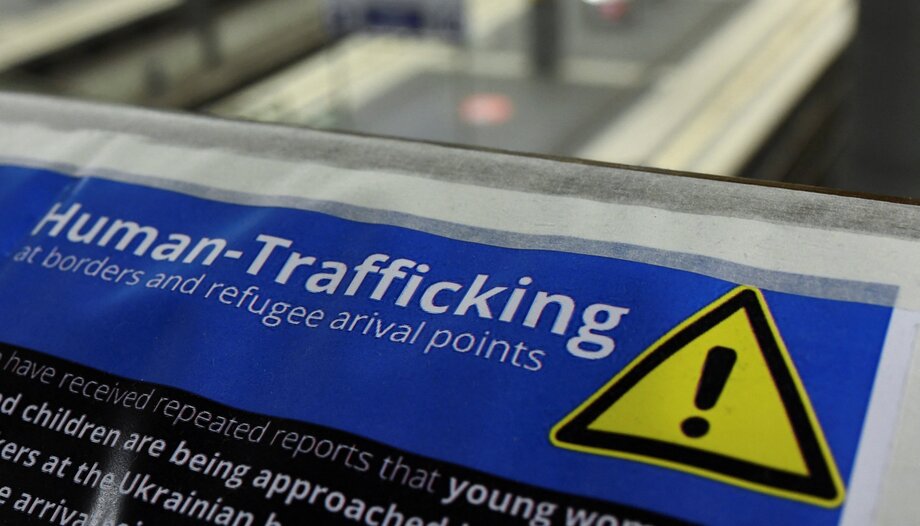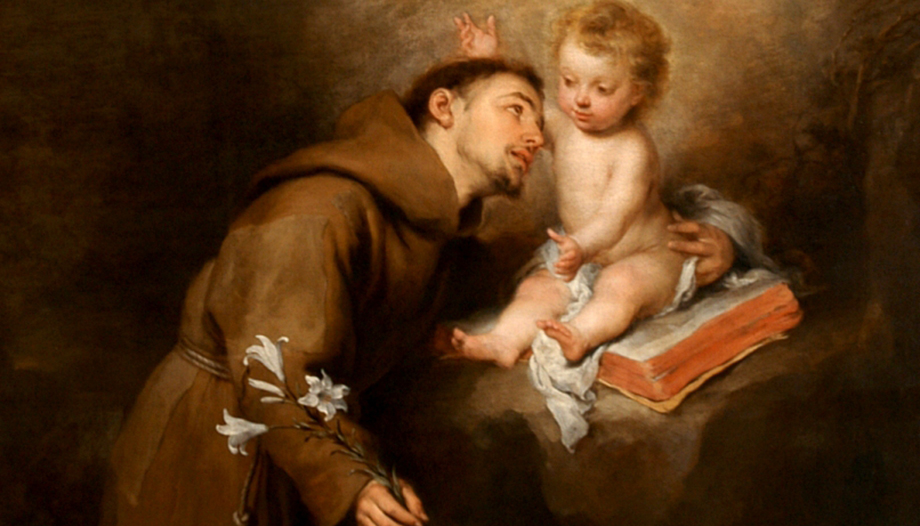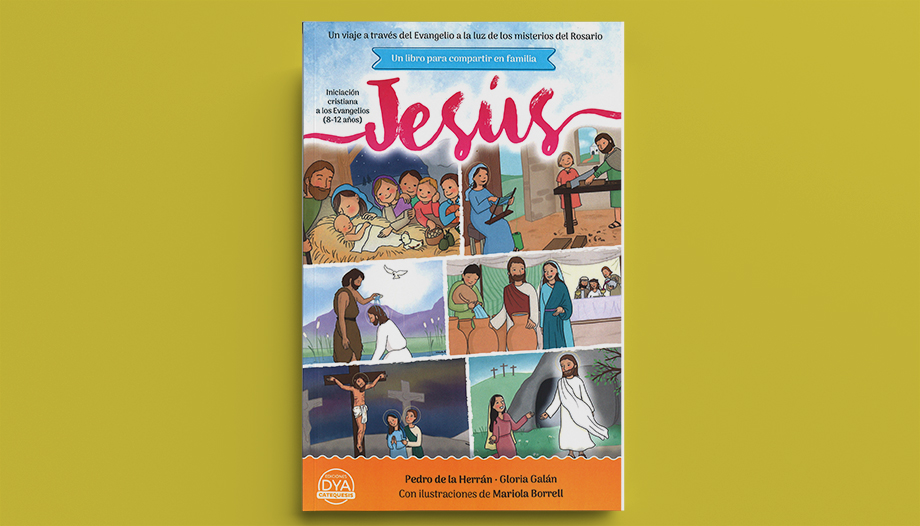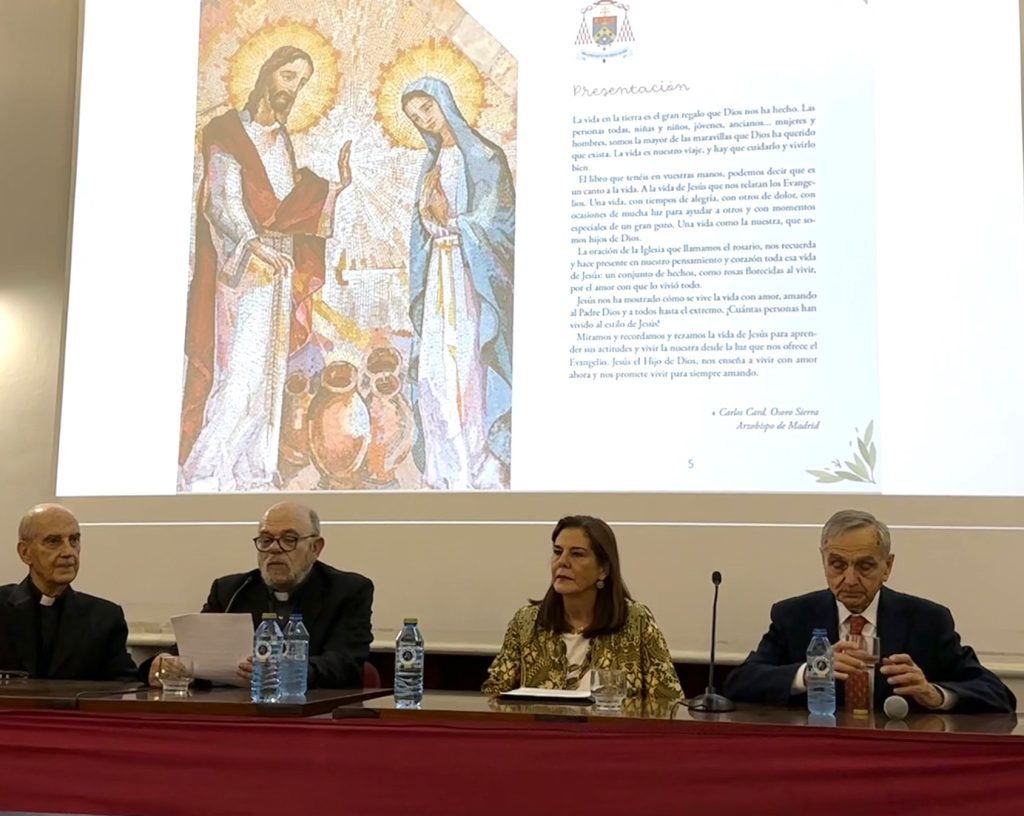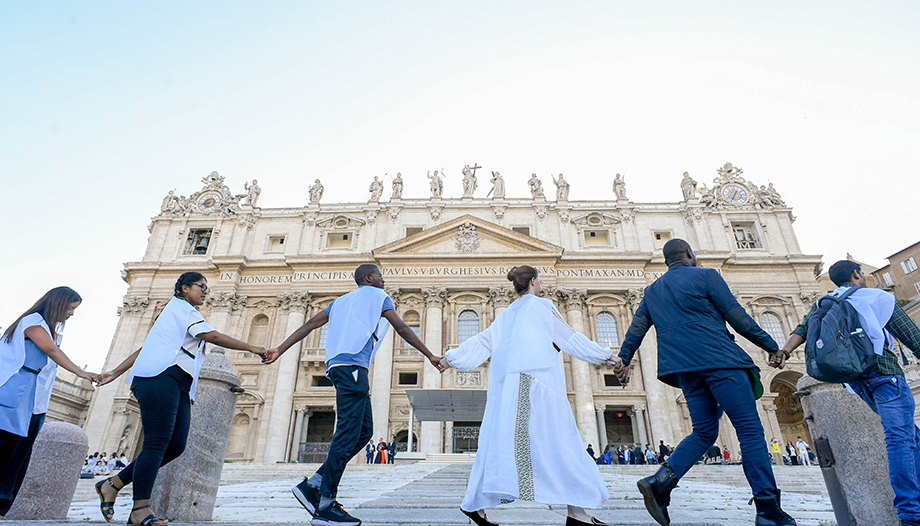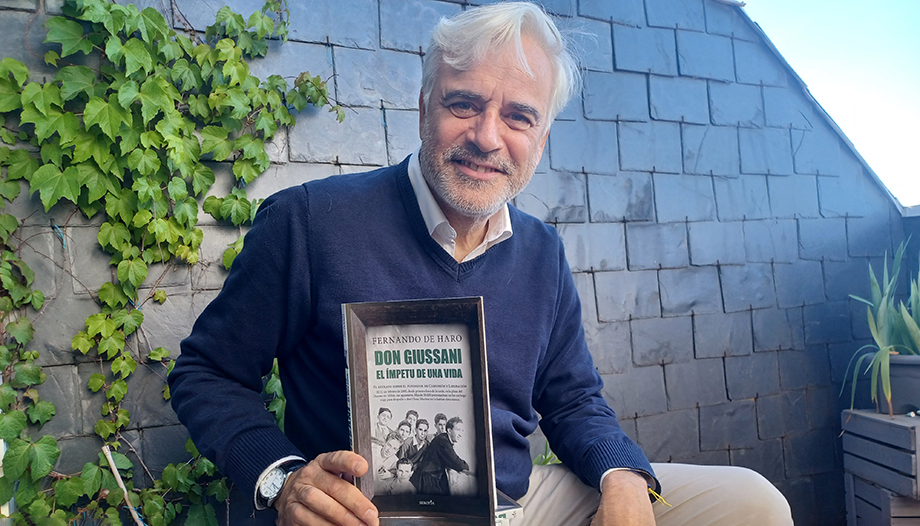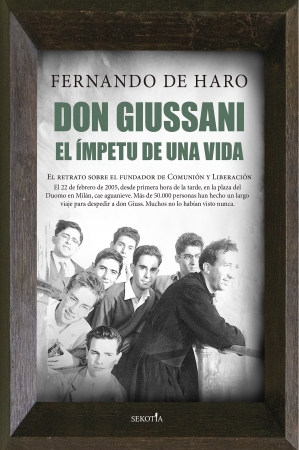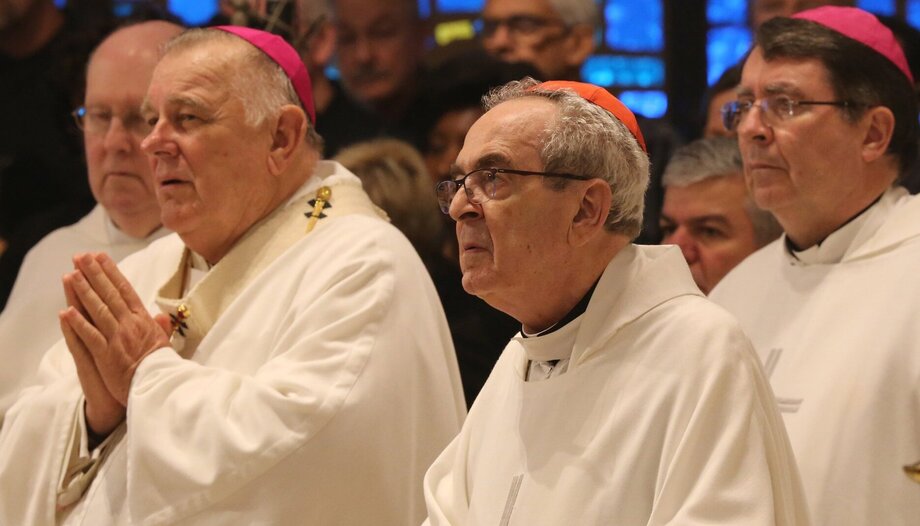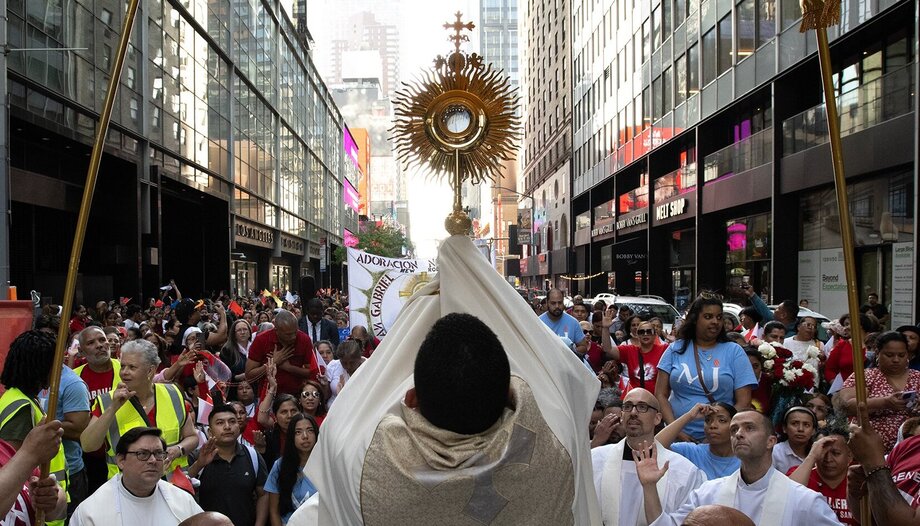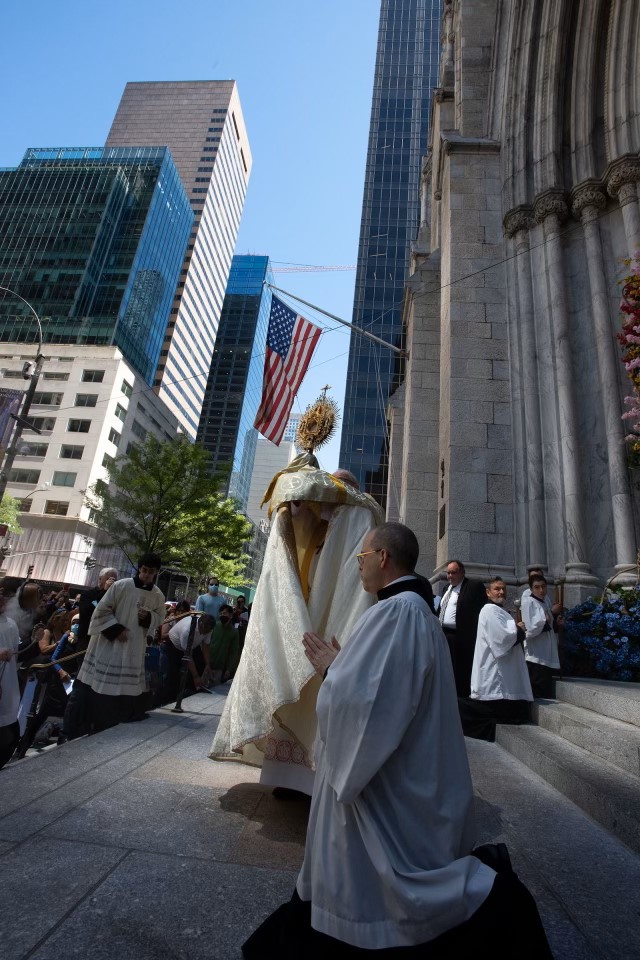In its Letter "Sublimitas et miseria hominis", the Pope highlights, among other aspects of the life and work of the French thinker Blaise Pascal, as the "Pensées"(Thoughts), the search for truth. "The greatness and misery of man form the paradox at the heart of the philosopher's reflection and message," "born four centuries ago, on June 19, 1623, in Clermont, in central France. From childhood and throughout his life he sought the truth," writes the Holy Father.
"With reason he traced his signs, especially in the fields of mathematics, geometry, physics and philosophy," the Pontiff described. "He made extraordinary discoveries from a very tender age, to the point of achieving considerable fame. But he did not stop there. In a century of great progress in many fields of science, accompanied by a growing spirit of philosophical and religious skepticism, Blaise Pascal showed himself to be an indefatigable seeker of truth, and as such he always remained 'restless', attracted by new and wider horizons."
The cardinal José Tolentino de Mendonça offered some keys to the Letter in the Vatican's Sala Stampa. First of all, Pascal's knowledge of Pope Francis. "The Holy Father, lover of the 'Pensées'. and a deep admirer of Pascal (...), has decided to honor his figure with an Apostolic Letter with the captivating title "Sublimitas et miseria hominis" - that is, "Greatness and misery of man".
"Exquisite charity towards the poor and the sick."
Cardinal José Tolentino de Mendonça then said: "I would like to emphasize how in the text of the pontifical letter, Pope Francis highlights some aspects, perhaps less known, of the great philosopher. First of all, his exquisite charity towards the poor and the sick. Pascal's life was dotted with practical gestures of charity and love for the weak, the sick and the suffering".
"This behavior of his, which he did not make public," added the Prefect of the Dicastery for Education and Culture of the Holy See, "was certainly tinged by his own experience of pain and illness - suffice it to think of his prayer 'for the good use of illnesses' in 1659 - but it was also the search, in the concrete, for a way to express his gratitude for the divine Grace that had undeservedly entered what he considered his human littleness."
"This shows that Pascal never separated his faith in God from concrete works in favor of his brothers, and helps to understand the complexity of his relationship with the Jansenist theories, which he came to know by reading Jansenius' 'Augustinus' and attending the circle of Port Royal," said Cardinal José Tolentino de Mendonça, who was accompanied by François-Xavier Adam, director of the Institut Francais - Centre Saint Louis, among other personalities.
"Stimulating the Christians of our time."
Some of the features of the life and work of the French thinker Blaise Pascal (he lived only 39 years), which the Holy Father Francis highlights in his Letter, are the following.
First of all, the objective. "I am happy that Providence gives me the opportunity to pay homage to him and to bring out what, in his thought and in his life, I consider appropriate to stimulate the Christians of our time and all our contemporaries of good will in the search for true happiness: 'All men seek the way to be happy. This has no exception, no matter how different the means they employ, they all tend to this end'", the Pope said, quoting Pascal.
"Four centuries after his birth, Pascal remains for us the companion along the way that accompanies our search for true happiness and, according to the gift of faith, our humble and joyful recognition of the dead and risen Lord," Francis begins.
"A lover of Christ who speaks to all."
Next, the Pope reflects on the appeal of the figure of the French philosopher. "If Blaise Pascal is capable of moving the whole world, it is because he spoke of the human condition in an admirable way. It would be misleading, however, to see in him only a specialist in human morality, however brilliant he was. The monument formed by his ThoughtsThe "The Church, some of whose isolated formulas have become famous, cannot be truly understood if one ignores the fact that Jesus Christ and Sacred Scripture are both the center and the key".
"For if Pascal began to speak of man and God," the Pope continues, "it was because he had come to the certainty that 'not only do we know God only through Jesus Christ, but we know ourselves only through Jesus Christ; we know life and death only through Jesus Christ. Apart from Jesus Christ we know neither our life, nor our death, nor God, nor ourselves. Thus, without Scripture, which has Jesus Christ alone for its object, we know nothing and see only darkness,'" the Pope quotes Pascal again.
It's really worth it
"This is the reason why I propose to all those who want to continue searching for truth - a task that never ends in this life - to listen to Blaise Pascal, a man of prodigious intelligence who wanted to remind us how outside the objectives of love there is no truth worthwhile: 'We do not make an idol out of truth itself, because truth without charity is not God and is his image and an idol not to be loved or adored'."
"In this way," the Pontiff adds, "Pascal warns us against false doctrines, superstitions or licentiousness that keep many of us from the lasting peace and joy of the One who wants us to choose 'life and happiness,' and not 'death and misery' (Dt 30:15)."
Greatness of human reason
Another aspect on which Pope Francis reflects is that of the reasonableness of faith, and for this, in addition to Pascal, he cites St. John Paul II and Benedict XVI.
"From the age of seventeen he (Pascal) was in contact with the greatest scientists of his time," the Pope recounted. "Discoveries and publications followed one after the other quite rapidly (...) In 1642, at the age of nineteen, he invented an arithmetic machine, the ancestor of our calculators. Blaise Pascal is extremely stimulating for us because he reminds us of the greatness of human reason and invites us to use it to decipher the world around us."
"The spirit of geometrywhich is the ability to understand in detail the functioning of things, will serve him throughout his life, as the eminent theologian Hans Urs von Balthasar pointed out: 'Pascal is capable [...] of reaching from the planes proper to geometry and the sciences of nature, the very different precision proper to the plane of existence in general and of the Christian life in particular'.
And Francis points out: "This confident practice of natural reason, which made him in solidarity with all his brothers in search of truth, will allow him to recognize the limits of intelligence itself and, at the same time, to open himself to the supernatural reasons of Revelation, according to a logic of paradox which is his philosophical peculiarity and the literary charm of his Pensées: 'It cost the Church as much to demonstrate that Jesus Christ was man against those who denied it, as to demonstrate that he was God; and the possibilities were equally great'".
Meaning of our life, rejection of presumption
"Human reason is undoubtedly a marvel of creation, which sets man apart from all other creatures, because 'man is only a reed, the weakest of nature, but he is a reed that thinks,'" Francis again quotes Pascal. And he continues: "We understand then that the limits of philosophers will simply be the limits of created reason. For as much as Democritus said: 'I am going to talk about everything', reason alone cannot resolve the highest and most urgent questions".
The Pope then asks: "What, in fact, both in Pascal's time and today, is the theme that matters most to us? It is that of the full meaning of our destiny, of our life and of our hope, that of a happiness which it is not forbidden to conceive as eternal, but which only God is authorized to grant: 'Nothing is so important to man as his state; nothing inspires him so much fear as eternity'" (new quotation from Pascal).
The "night of fire
"As St. John Paul II recalled in his encyclical on the relationship between faith and reason," Francis mentions, "philosophers like Blaise Pascal distinguished themselves by their rejection of all presumption, as well as by their choice of a posture made of humility and courage. They experienced that 'faith frees reason from presumption'. Before the night of November 23, 1654, it is clear that Pascal does not doubt the existence of God. He also knows that this God is the supreme good; what he lacks and what he hopes for is not knowledge but power, not truth but force."
"Now, this strength is given to him by grace; he is drawn, with certainty and joy, to Jesus Christ (...). "Like any authentic conversion, Blaise Pascal's conversion takes place in humility, which frees us 'from our isolated conscience and self-referentiality'." This episode, that of his conversion, took place on the date cited by the Pope, in 1654, and is known to this day as his "Night of Fire" ("Nuit de feu").
"This mystical experience, which caused him to shed tears of joy, was so intense and decisive for him that he wrote it down on a precisely dated piece of paper, the "Memorial," which he had sewn into the lining of his coat, and which was discovered after his death," the Pontiff details."
Rejection of fideism
The Pope refers in the Apostolic Letter to these words of Benedict XVI: "The Catholic tradition, from the beginning, has rejected the so-called fideism, which is the will to believe against reason'. In this line, Pascal is deeply attached to 'the reasonableness of faith in God', not only because 'the spirit cannot be forced to believe what he knows to be false', but because, 'if we offend the principles of reason, our religion will be absurd and ridiculous'," Pascal argues, commented on by the Pope.
"But if faith is reasonable, it is also a gift of God and cannot be imposed," the Holy Father adds: "'It is not demonstrated that we should be loved by submitting the causes of love to method; it would be ridiculous,' Pascal points out with the finesse of his humor, drawing a parallel between human love and the way in which God manifests himself to us."
"Nothing but love, 'which proposes but does not impose itself - the love of God never imposes itself', Jesus bore witness to the truth (cf. Jn 18:37) but 'did not wish to impose it by force on those who contradicted him'. This is the reason why 'there is enough light for those who only wish to see, and enough darkness for those who have a contrary disposition'.
"And then he goes on to affirm that 'faith is different from proof. The latter is human, and the former is a gift of God'. Therefore, it is impossible to believe 'if God does not incline our heart'. Even if faith is of a higher order than reason, this certainly does not mean that it is opposed to it, but rather that it infinitely surpasses it," the Pope writes.
Summarizing this aspect, Francis writes that "to read Pascal's work is not, first of all, to discover the reason that illuminates faith; it is to place oneself in the school of a Christian with an uncommon rationality, who knew how to give an account of an order established by the gift of God superior to reason".
Pascal's death: sacraments, last words
Describing the end of his life, the Pope describes that "being very ill and on the point of death, he asked to receive communion, but it was not immediately possible. Then he begged his sister: 'Since I cannot take communion with the head [Jesus Christ], I would like to take communion with the limbs.' And 'he had a great desire to die in the company of the poor.' It was said of him, shortly before his last breath on August 19, 1662, that he died 'with the simplicity of a child'. After receiving the sacraments, his last words were: 'May God never forsake me'.
"May his luminous work and the examples of his life, so deeply immersed in Jesus Christ, help us to follow to the end the path of truth, conversion and charity. For the life of a man is very brief: 'Eternally joyful for a day of suffering on earth,'" Pope Francis concludes.
Cardinal Mendonça: "Pascal's honesty".
In the presentation mentioned at the beginning, Cardinal José Tolentino de Mendonça also emphasized that "Pascal was a true realist capable of confronting the misery and greatness of the human. The answers to this real misery and to this human thirst for greatness were to be found in the individual revelation of a personal God".
"Before the 'Nuit de feuPascal already believed in God, but that night he had the illumination to recognize in sin the symbol of the lack of desire for God. From that mystical experience came his concepts of pride and humility and, above all, the category of the 'heart' that was so dear to him."
"What Pope Francis wanted to celebrate is, above all, the honesty of Blaise Pascal, who was fond of the phrase 'one must be sincere, true'," added the cardinal José Tolentino de Mendonça.
The authorFrancisco Otamendi  The apparitions of Fatima and the faith of the little shepherds, hope for the world
The apparitions of Fatima and the faith of the little shepherds, hope for the world Immaculate Heart of Mary. The message of Fatima is alive
Immaculate Heart of Mary. The message of Fatima is alive